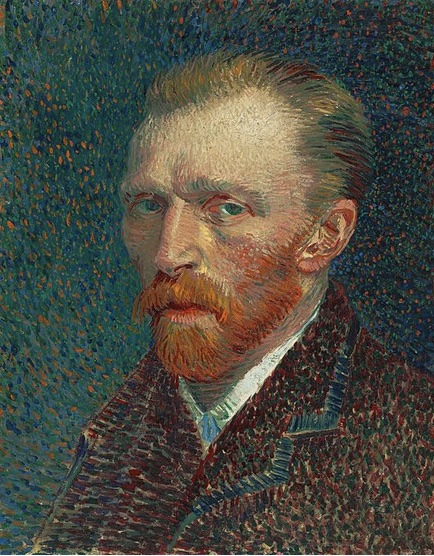
In 1904, when the psychologist Charles Spearman was conceptualizing the idea of a general intelligence, denoted by g or IQ, he found that performance in language and mathematics correlated highly with IQ. That is, those who demonstrated high intelligence in learning a variety of different subjects, generally scored well in math and language. However, musical talent was not as highly correlated with IQ. This meant that many people who demonstrated high musical talent were not necessarily highly intelligent.
Of course many highly intelligent people have significant musical talent. William Herschel demonstrated musical talent at an early age and eventually became proficient in the violin, harpsichord and organ as he composed 24 symphonies and a variety of concertos. He was also a brilliant astronomer who discovered the planet Uranus.
Similarly, artistic ability is not as highly correlated to intelligence as language and mathematics. Yet Leonardo da Vinci, famous for his painting of the Mona Lisa and The Last Supper, was the quintessential genius who made significant scientific discoveries in addition to his artistic creations. But, in general, a person who displays exceptional artistic talent is less likely to have a high IQ than a person who demonstrates talent in language or mathematics. This results from the fact IQ is a measure of cognitive skills that are closely related to skills needed for mathematics and language, rather than skills required in art or music. Therefore, even if your IQ is below average, you may have artistic talent. There have been some mentally handicapped people who have demonstrated significant artistic talent.
On the other hand, if you have an IQ that is below average, then the probability that you will be able to do advanced mathematics or physics is small. There have been examples of calculating prodigies who demonstrated remarkable arithmetic capacities in spite of a low IQ. Dustin Hoffman portrayed one such person in the movie Rainman. Yet, abstract elements of mathematics and physics at the highly advanced level require the kinds of cognitive skills measured by IQ tests.
Of course, all of the statements above are statistical generalizations, and there are exceptions to virtually all generalizations. After studying the biographies of more than 500 high achievers throughout history, I have come to the conclusion that passion and effort play a strong role in achievement, and if you immerse yourself in something with high intensity, you will be able to create something of high quality.
